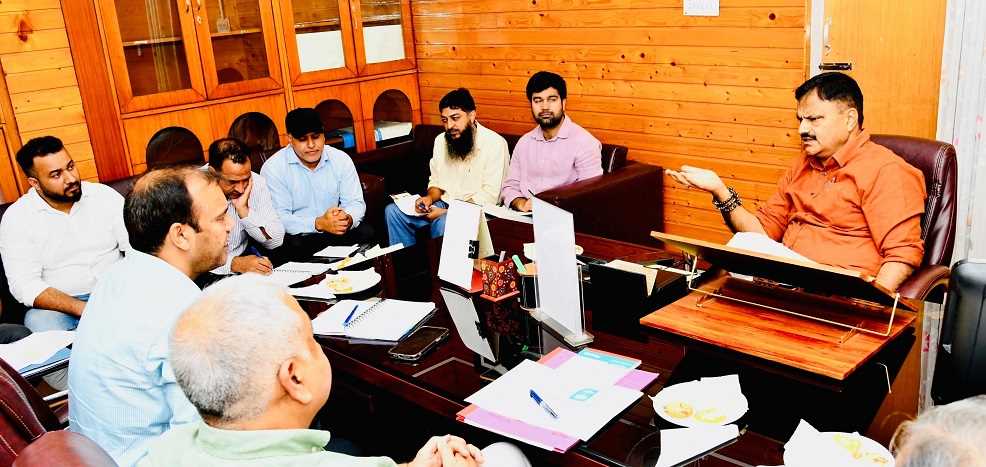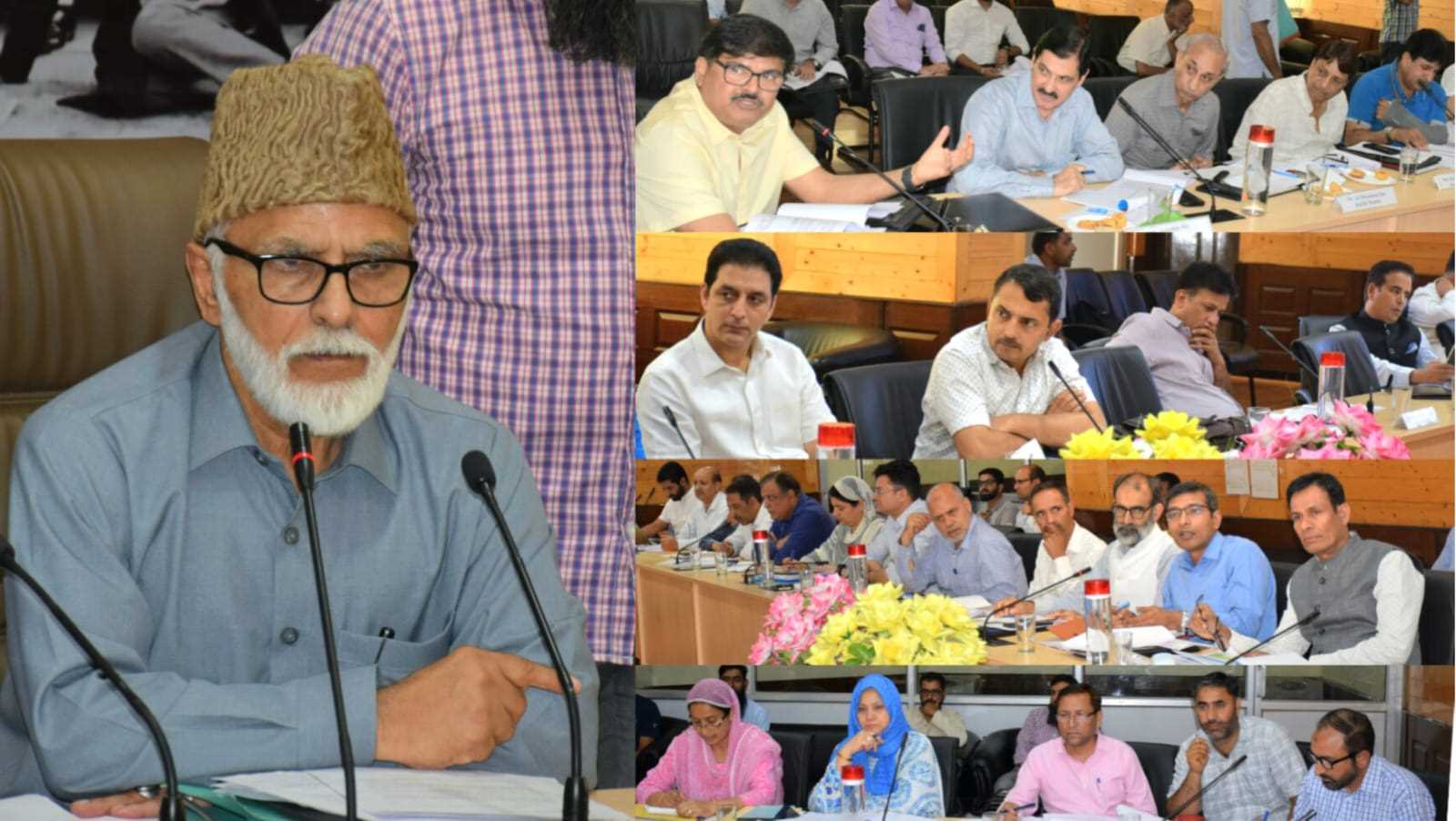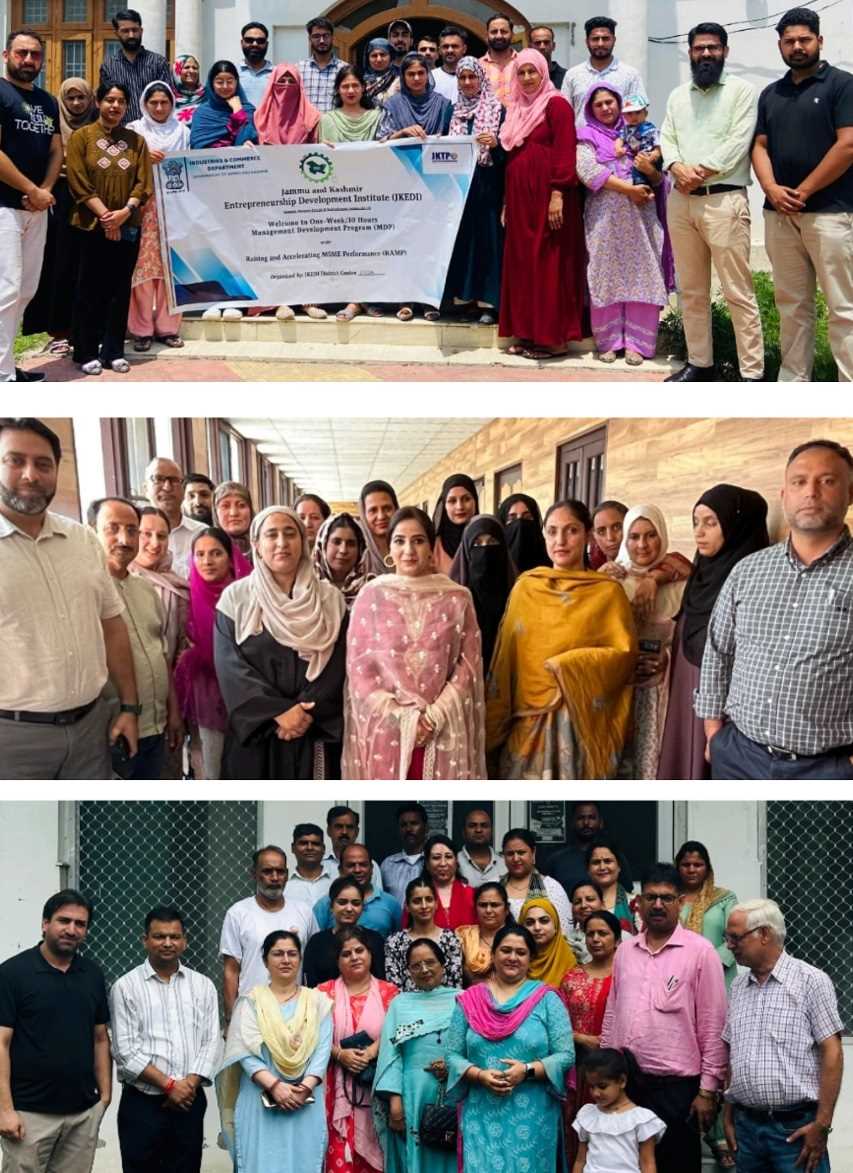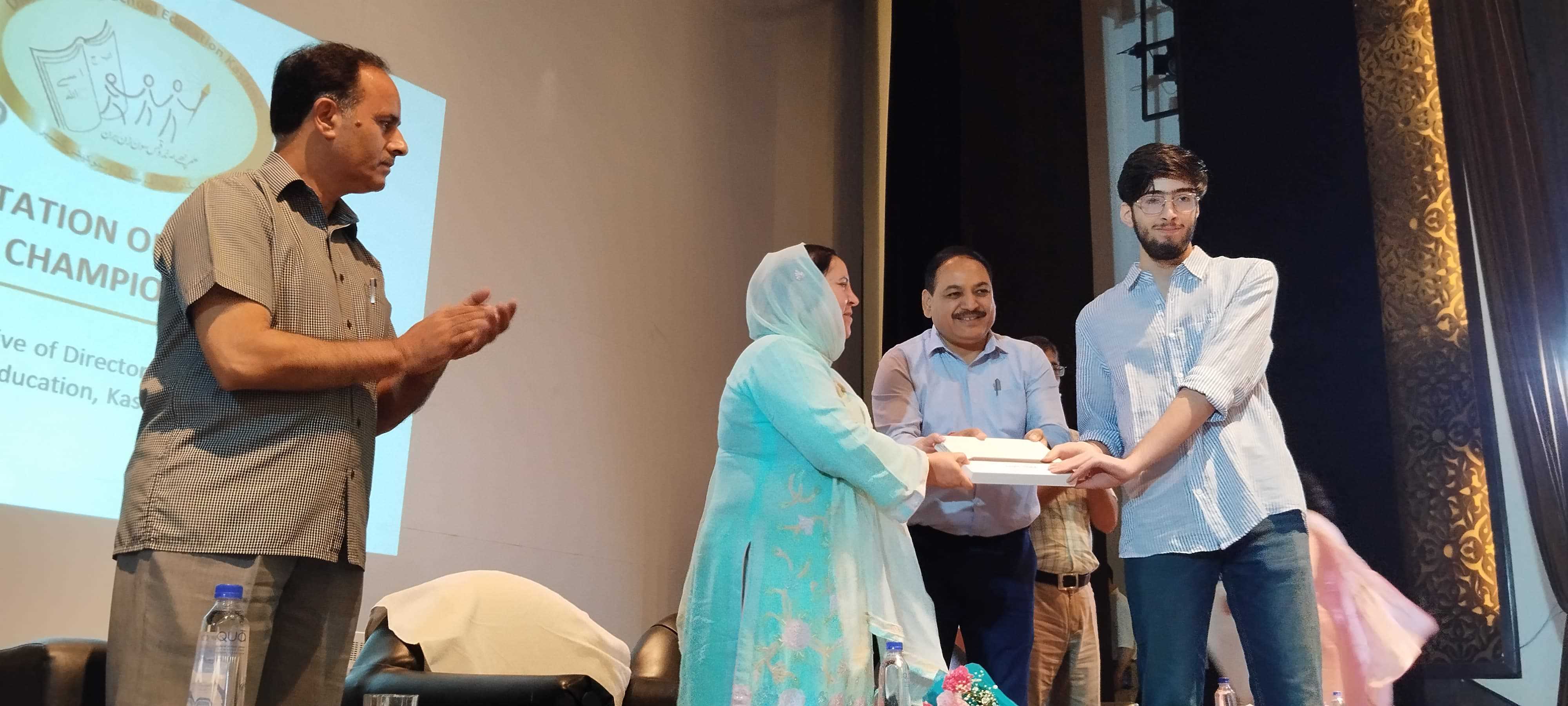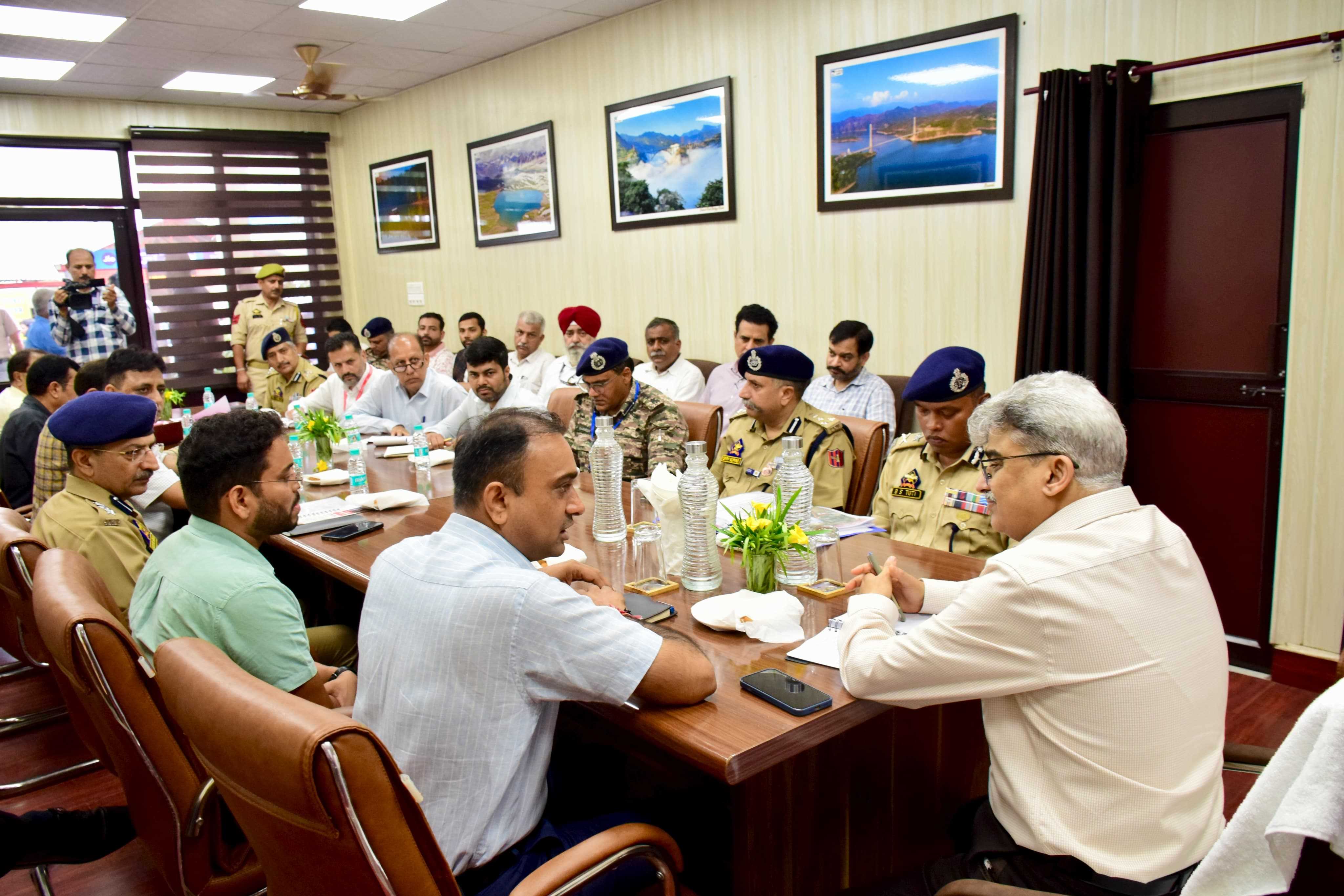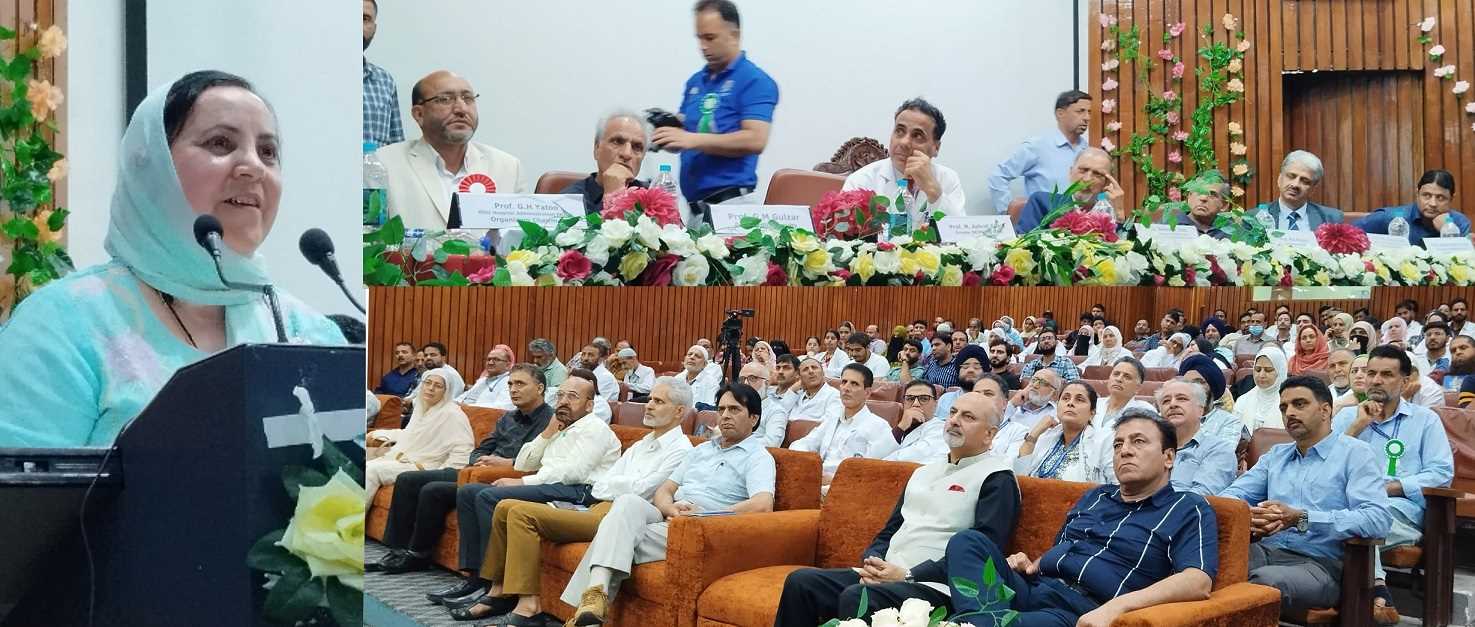In a welcome and timely intervention, the Supreme Court has granted permission to the National Board of Examinations in Medical Sciences (NBEMS) to reschedule the NEET-PG 2025 examination to August 3. This move comes in response to the Court’s earlier directive that mandated the exam be conducted in a single shift to uphold transparency, fairness, and uniformity in the selection process. For years, the credibility of competitive examinations in the country has been under scrutiny due to inconsistencies arising from multiple shifts and allegations of paper leaks. With lakhs of medical aspirants pinning their hopes on a single entrance exam, the integrity of the process is of paramount importance. The NEET-PG, being the gateway to postgraduate medical education, determines not only the academic trajectory of young doctors but also, indirectly, the future of India’s healthcare system. The Supreme Court’s insistence on a single-shift exam underlines a growing judicial recognition of the need for a level playing field. Multiple shifts inevitably introduce variance in question paper difficulty, and although standardization techniques like normalization are applied, they often fail to instill full confidence among candidates. A single-shift examination eradicates such discrepancies at the root, ensuring that every candidate faces the same paper under the same conditions. NBEMS’s decision to accommodate this requirement by shifting the date to August 3 demonstrates a constructive and student-centric approach. While logistical challenges are understandable, especially in conducting such a large-scale national examination at one time, the long-term benefits in terms of public trust and institutional credibility far outweigh the inconveniences. It reflects a maturing examination system willing to evolve in response to legitimate concerns. Moreover, this shift also sends a strong message about institutional accountability and the seriousness with which examination bodies must now approach their responsibilities. In an age where digital leaks and technical glitches can undermine months of student effort, prioritizing exam integrity cannot be optional—it must be non-negotiable. The Supreme Court’s directive and the NBEMS’s compliance form a positive precedent. It highlights how judicial oversight can play a key role in upholding fairness in high-stakes academic processes. Going forward, examination bodies for other competitive exams—such as UPSC, JEE, and CUET—must take cues from this case to reform their own procedures and address long-standing transparency concerns. Ultimately, transparency in examinations is not just about process—it is about justice, equity, and the faith of the youth in our country’s institutions. With NEET-PG 2025 now aligned to these principles, one hopes this becomes the new standard, not an exception.


